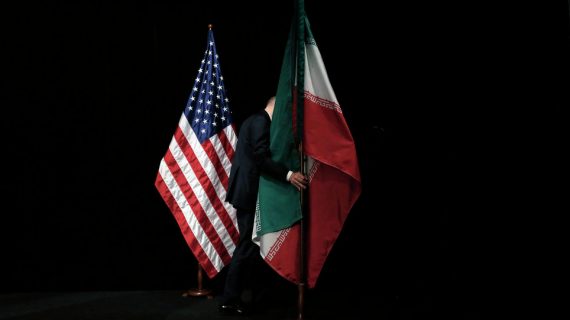Fintech Gets Boost in Iran via Regulatory Support
Reported by HPMM Group according to FINANCIAL TRIBUNE ; In recent years, the financial industry has seen fast-growing adoption of financial technology, or fintech. Considerable investment flows are expected to be placed into the sector, which has stimulated expectations for high returns in Iran.
There are some estimations that a significant portion of bank revenues, especially in retail banking, is at risk over the next 10 years. On the contrary, some findings on increased banking efficiency and capabilities could outcompete any new futuristic competition.
New service providers have entered the Iranian market for financial services, including Internet, retail and telecom firms. Iran has been witnessing a rise in automation, specialization and decentralization trends that could leverage vast quantities of consumer and firm data.
The emergence of fintech is only the latest wave of innovation to impact the banking industry. While banks have undergone various technology-enabled innovation phases before, fintech has the potential to elevate the role of data as a key commodity, and drive the emergence of new business models.
Fintech is widely defined by major international organizations and regulators as “technology enabled financial innovation that could result in new business models, applications, processes, or products with an associated material effect on financial markets and institutions and the provision of financial services”.
Sectoral innovation in financial services generally include credit and capital raising services like crowdfunding, mobile banking and P2P lending; payments, clearing and settlement services like mobile wallets (retail) and digital currencies (retail); and investment management services and insurance like high frequency trading, E-trading and investment portals.
Market support services offered by fintechs include data aggregators and portals, data applications, distributed ledger technology, customer identification and authentication, cloud computing and Internet of things.
Technology and regulation closely interact. As technology alters financial service attributes and market structure, financial regulation must be modified to remain effective.
Notwithstanding, the function of financial regulation is to address vulnerabilities in financial markets, which expose financial stability and consumers to risk and undermine market efficiency. Financial regulation should: (i) Consider incentives for systemic risk (ii) Protect consumers from scarcity or lack of information (iii) Advocate healthy competition and prevent monopolistic behaviors.
The financial regulator of Iran, namely the Central Bank of Iran, provided the bylaw on Iranian fintech industry in the last week of September 2017. The announced bylaw highlighted standard features of efficient regulatory support accordingly. Providing the right environment and incentives to empower the proper growth atmosphere is the conventional attribute of the bylaw.
To elaborate some of the key areas of CBI fintech bylaw, important criteria have been covered precisely with novelty, including encouraging entry and promoting low leverage from the beginning and keeping the businesses in check with other counter-parties and financial services institutions. What is interesting is that the regulator does not require forecasting which technology will succeed or which services should be unbundled.
Creating and maintaining an environment that fosters creativity and innovation by not predefining or imposing tariff, fees or percentages are major aspects of the announced regulatory support for mapping Iranian fintech industry into a perfect competition function.
Although such achievements on taking the preliminary steps toward establishing sound fintech market in Iran is crucial, the Telecoms Ministry has contributed a collaborative role on both regulatory support and technical and registration assistance.
Promoting and advocating fintechs in Iranian market have been highlighted on ICT platform and providing support from both legislative and executive bodies of Iran’s government proves the diligence and priority for policymakers.
The ability of new technology to capture and process data, in real time, is changing how all business is done, how products and services are conceived in the new economy, and the way consumers participate in this process. Fintech is facilitating this transformation by not digitizing money but monetizing data into more efficient conduct.







